Legacy Stories
Losing My Son: PCS, CTE, and Drug Addiction
My name is Nancy Riding (Walters). This is the story of my son, David Walters, and his battle with Post-Concussion Syndrome (PCS), suspected Chronic Traumatic Encephalopathy (CTE), and drug addiction. I know there are many people out there who are helping a loved one fight PCS or possible CTE. I hope this story can serve as a reminder that they are not alone.
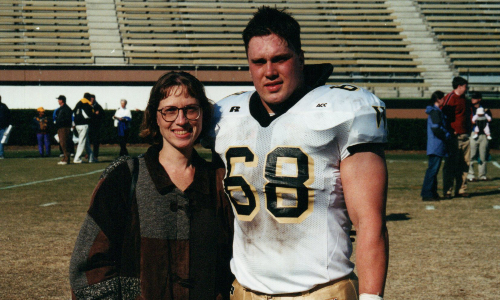
David was born on March 3, 1980 at 9:06 p.m. He weighed 10 lbs. 1oz and was 22 ½” long. My first born and only son. My dream came true: I was a mom! As I held and cuddled my sweet baby, for the first time alone, I whispered how much I loved him and all the plans I had for him; stroller walks to the park, birthday parties, trips to the zoo, and the vow to always protect him from any harm. He was my little angel, my blessing from God. I was a stay-at-home mom. I was going to be there to see all his firsts!
David was a good-natured person. He was kind and gentle with others with a good sense of humor. He was a devout man of God, protective of his family, adored his niece, a true friend, loved animals, and had a bonding way with autistic children. David took strong interest in several sports at a young age beginning with baseball, then paintball, mountain biking, weightlifting, and football.
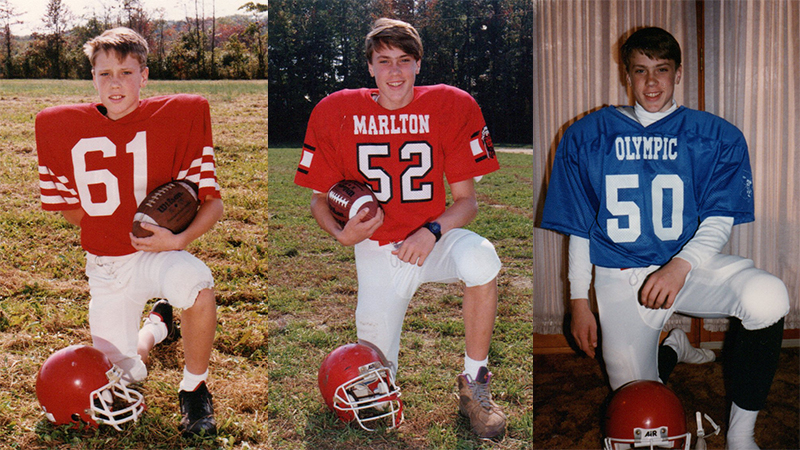
David began midget football at age 11. When he was a young teen, his grandfather instilled in him the importance of finding something he liked to do, be it a sport or occupation, and giving it his all. David loved football and he learned that weightlifting would make him better at it, so lifting weights became a passion. David’s excellence in the weight room at Cherokee High School in Marlton, New Jersey earned him offensive playing time on the football team all four years.
His hard work in high school paid off. He was offered 11 Division I football scholarships, including one Big Ten offer. David committed to the University of Iowa the summer before his senior year of high school.
When a new coaching staff began in Iowa, David decided to transfer to Wake Forest University in North Carolina. He began his career as a Demon Deacon in 2000. He continued to excel in the weight room and became an impact player, receiving and delivering big hits every game. He stood out for his last two seasons playing offensive tackle.
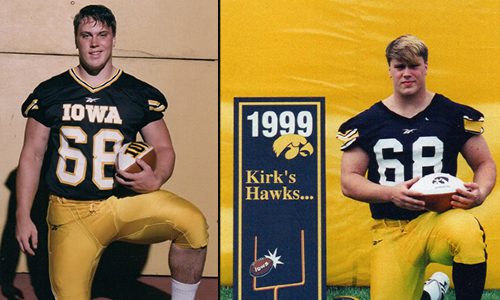
During the 2002 season, David received a severe concussion during a game but somehow continued playing to the game’s end. He was cleared medically to play the next game, the remainder of the season, and the Seattle Bowl game. I think this final season was the beginning of the end.
After graduating from Wake Forest with a degree in sociology, David went on to play professionally for the Canadian Football League’s Montreal Alouettes. When the CFL decided to let go of almost all their American offensive players, David moved to central Florida where he pursued a career in weight training and nutrition. David did everything he could to stay on his feet, but he struggled to manage the pain he accumulated from years of football.
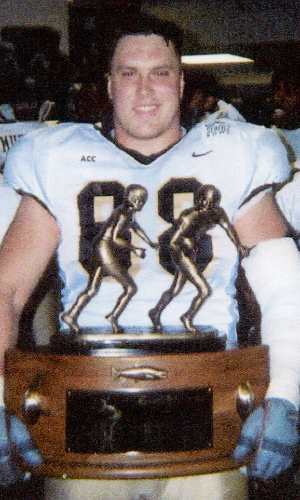
Eventually, David re-settled in New Jersey. He married and began a new profession as a bricklayer and stone mason. His pain continued, though, and he was caught in a slow but nightmarish spiral of pain and addiction to pain pills.
In 2008, when David was 28, he was diagnosed with Post-Concussion Syndrome. His neurologist described the years of damage as “a lightning storm” in his brain. Talking through David’s concussion history, they estimated 11 concussions or more over his career. He was at high risk for developing serious cognitive issues later in life, and he was facing incredible pain.
Within three years, David’s marriage crumbled. He moved back home with me in 2012 as his pain grew worse. David developed rheumatoid, osteo, and psoriatic arthritis at a young age because of the abuse his body took, and treatments offered little relief. David underwent three unsuccessful surgeries to fix his knees. Then an unsuccessful elbow surgery, leaving him with no cartilage and the elbow of an 80-year-old man. He was told he needed shoulder surgery but couldn’t get around to it because of the constant pain in his head and body.
Through all of this, David’s memory declined to a frightening stage. His difficulties went from “What did I eat for my last meal?” to “I don’t remember Dad giving me this living room set for when I am able to move out on my own again.” His moods grew worse, and he felt extreme irritation over trivial matters. And there were seizures. More and more small seizures, four Grand Mal Seizures, and increasing aggression and violent behaviors.
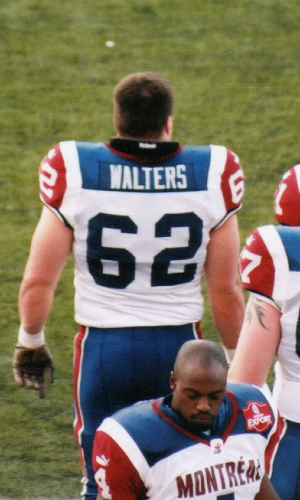
The kind, gentle, patient David that I knew, my true son, was almost gone. The sweet, appreciative, compassionate David, barely a part of who he’d become. His words in the beginning, when he was thinking about where he felt his life was going, still cause me to cry.
“If I ever have a son, I will never let him play football.”
“Mom, you know one of these seizures, I might not pull through. I don’t want to live like this anymore. I thought of killing myself twice now, but only stop because I don’t want you to come home and find me that way. I don’t want to hurt you Mom.”
David’s list of symptoms grew. Difficulty thinking, planning, and carrying out tasks. Short term memory loss, confusion, mood swings, and impulsive/erratic behavior. Loss of motor skills, tremors, and loss of balance. Aggression, irritability, suicidal thoughts, depression, and apathy.
“You’ve done everything to help me. You take me to all my doctor appointments. You are always encouraging me. You are the best Mom God could have ever given me. We’re a team. I love you, Mom. Thank you, Mom. You love me for me. You help me see things in a different light. I can’t stand the pain in my head. You could never understand the pain in my head. It won’t stop. I pray for God to take me.”
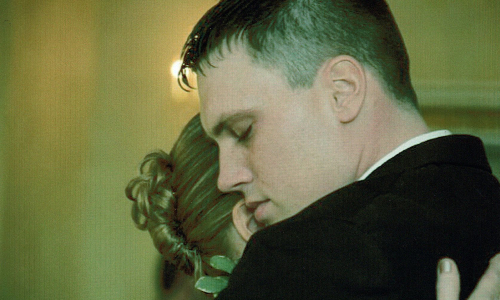
In July 2016, David’s internal rage had become almost completely external. I had to do the most difficult thing in my life. I could no longer care for my slowly dissolving son. I could no longer allow him to continue living in my home. He had to go out on his own, as pathetic as that now feels to say.
He struggled but survived on his own for two more years. I had a pipeline to God’s ears more than ever. Please Lord, make David’s pain stop; please Lord, help him, please, please, please.
David’s downward spiral started because his pain from concussions and other injuries was too much to bear. The college medical staff administered opioids, which we know can lead to addiction. Then, controlled opioids by doctors outside of collegiate walls; addiction. Rehab. Clean. More pain. More opioids. Addiction. Clean. Surgeries. Confusion. Rage. Pain. Out of control pain. Accidental opioid overdose…
On Monday, July 23, 2018 at 9:15 p.m., four days before my 61st birthday, I received every parent’s nightmare phone call. My son, my boy, my beautiful boy, my baby, was gone. God answered my prayers and David’s prayers; David’s pain was no more. No more pain in his head, no more pain in his broken body due to football. He is with his beloved grandparents and great-uncle. He is living in glory with our Lord. This is not how I wanted this prayer to be answered, in this way, but it is what God had planned for my David.
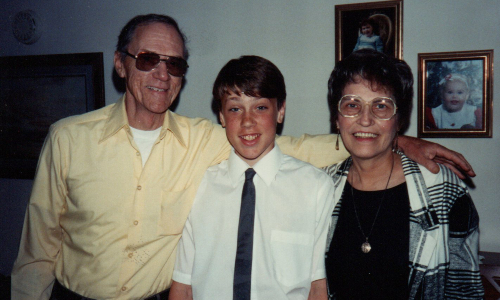
I am still, a year later, trying to accept my loss. I can only hope to help others who are dealing with PCS and suspected CTE in their loved one, to let them know they are not alone. I am here to help in anyway I can through listening and sympathizing with my whole heart. To honor David in the way he would have wanted; to help others on his behalf. The last outward sign of my love for him. David wanted to donate his brain to science, but we were unable to follow through on this wish. I feel David would be happy to know I am trying to spread the word and help others like him. When David passed, in lieu of flowers, a request for donations in his name to the Concussion Legacy Foundation was set up. He would be proud that so many good people who loved him have donated.
David found his soul mate the year before he passed. He was to start his dream job the day after he passed, in a hospital where plans for a flourishing new career were to begin. A few days after David passed, he came to me in the most vivid dream. I try to remember it in my times of uncontrollable grief; he is standing in front of me, smiling, arms wide open saying, “I’m ok Mom.” I know he is, but I am not. I am grateful for all the Concussion Legacy Foundation has, is, and will be doing for our afflicted loved ones, and for us, their parents, family and friends.
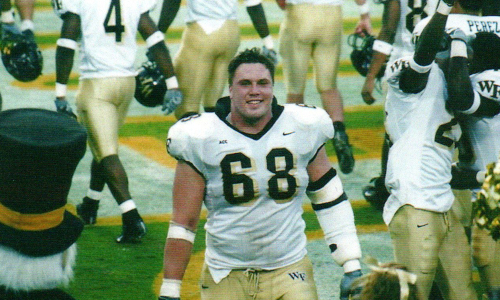
Are you or someone you know struggling with lingering concussion symptoms or what you believe may be CTE? We support patients and families through the CLF HelpLine, which provides personalized help to those struggling with the outcomes of brain injury. If you are seeking guidance on how to choose the right doctor, find educational resources, or have any other specific questions, we want to hear from you. Submit your request to the CLF HelpLine and a dedicated member of the Concussion Legacy Foundation team will be happy to assist you.
You May Also Like
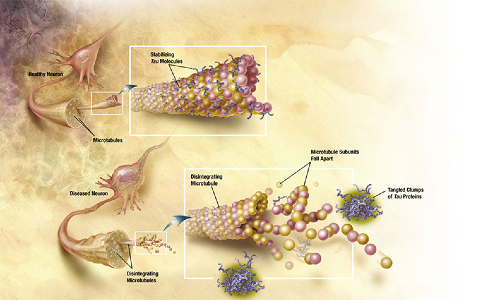
Learn about symptoms, risk factors, and what causes the neurodegenerative disease Chronic Traumatic Encephalopathy (CTE).
What is CTE?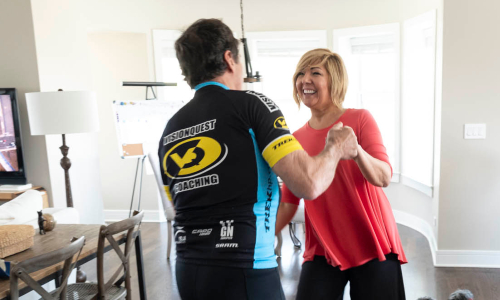
Living with suspected CTE can be difficult, but CTE is not a death sentence and it is important to maintain hope. Find out how.
Living with CTE